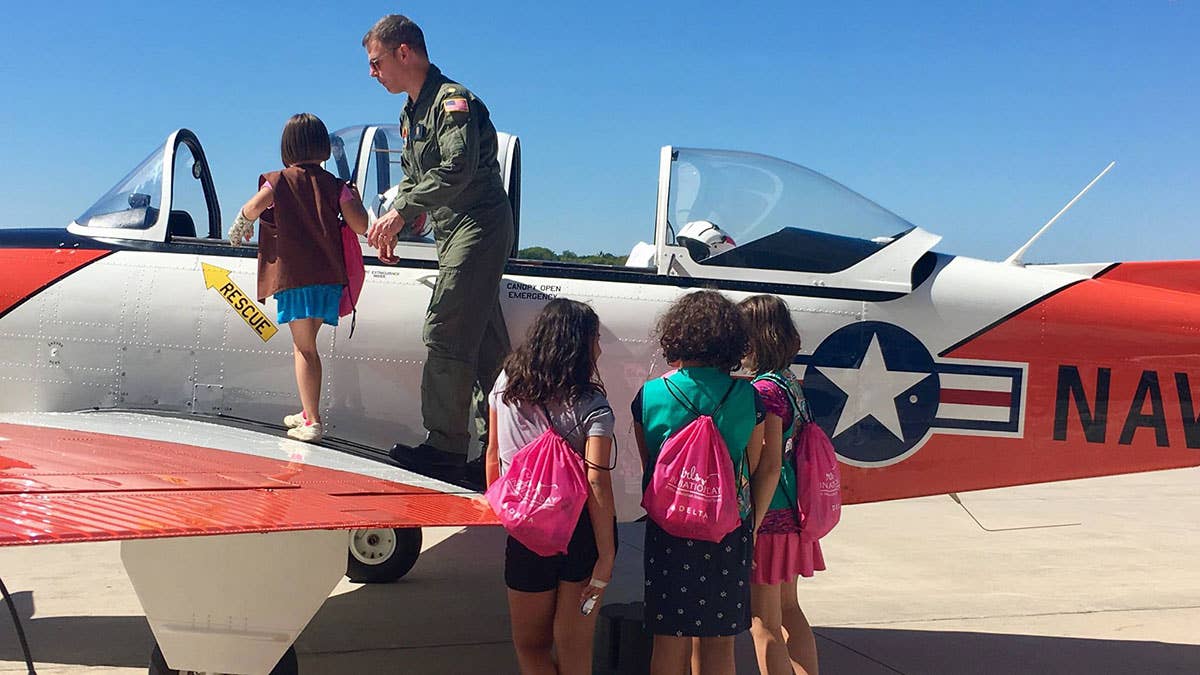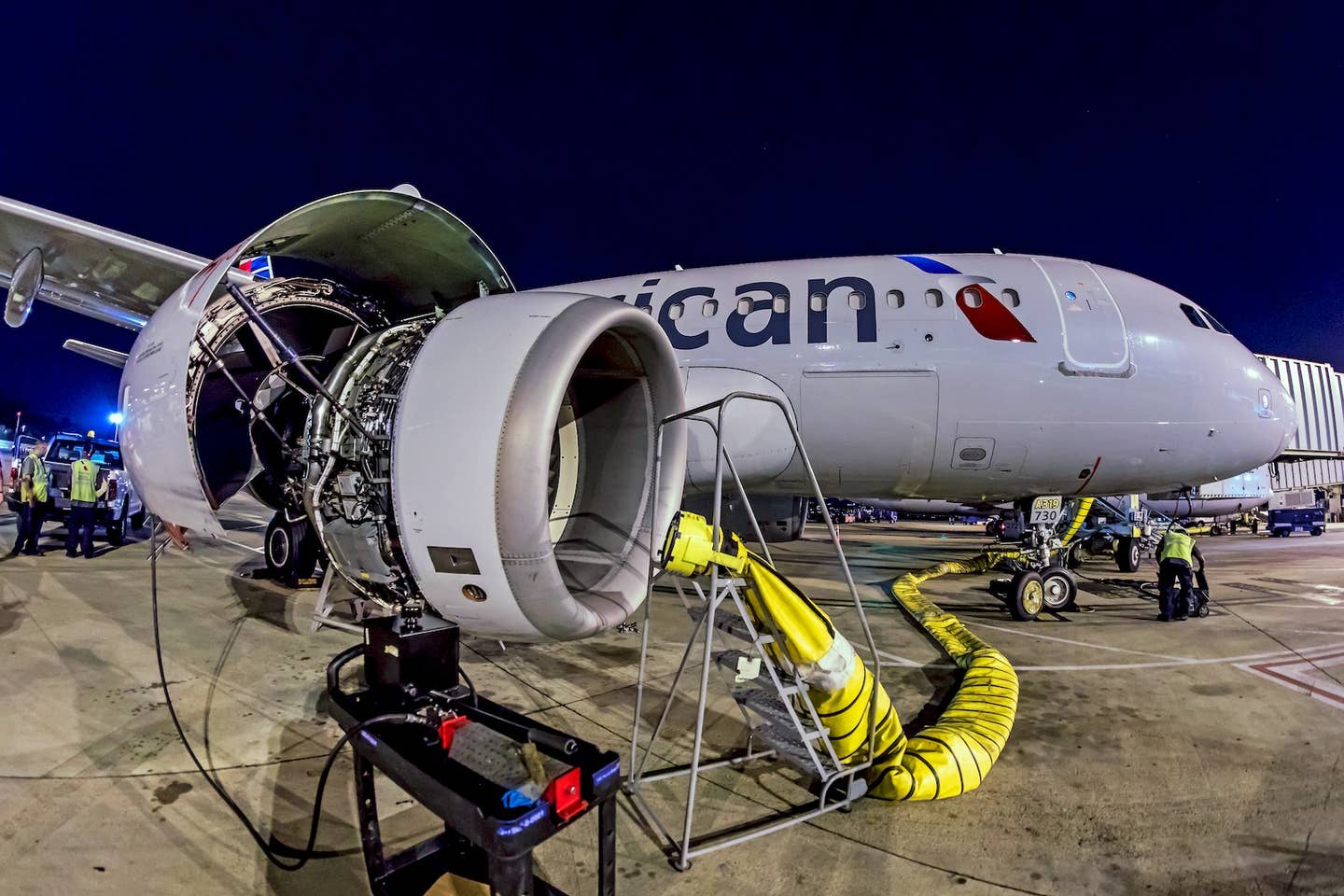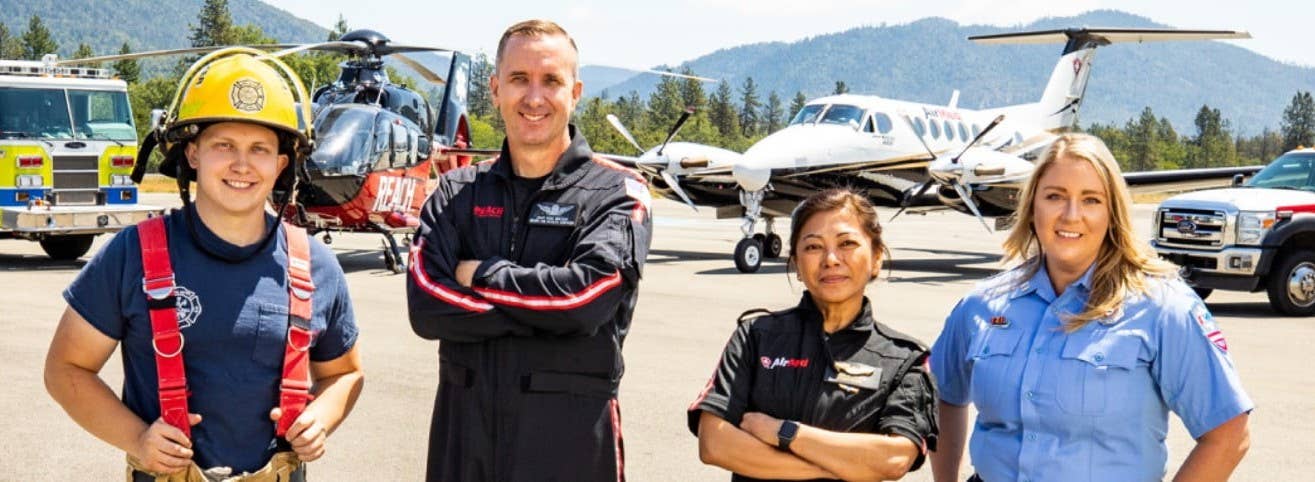The Best Jobs for Pilots After Retirement
Experience provides a myriad of opportunities for second careers in a range of positions.

After living a life in the skies, many pilots may not be ready to settle down once they reach the government-mandated retirement age. [Credit: Alamy]
After living a life in the skies, many pilots may not be ready to settle down once they reach the government-mandated retirement age.
Fortunately, there are many jobs available to retired airline pilots. Their career experience and expertise make them ideal candidates for a range of positions and second careers.
What Is the Mandatory Retirement Age for Airline Pilots?
In the United States, airline pilots are required by law to retire at age 65. However, this milestone only applies to pilots employed by airlines certified under Part 121, which covers most scheduled commercial air carriers.
After retiring from an airline at age 65, pilots are still able to fly for all other types of air carriers, as there are no government age limits for these companies. This means that retired airline pilots can continue to work as pilots in roles like charter pilot or flight instructor.
How Much Do Retired Pilots Make?
There was a time when airline pilots had traditional pension plans, but these started disappearing following the tech bubble burst and 9/11.
Nowadays, airline pilots typically have access to a 401(k) plan that they can use to support themselves during retirement. Retirees can also choose to supplement their income with additional work.
Becoming a Flight Instructor
Retired airline pilots are well-positioned to teach the next generation of aviators.
After reaching the age of 65, some pilots choose to transition to the role of simulator instructor or ground school instructor. Their experience makes them extremely qualified for these roles.
Although being a flight instructor can involve type rating instruction in simulators, retired pilots can also teach on smaller aircraft. Airline pilots can return to their roots at ab-initio flight schools, helping the next generation of student pilots learn the basics of flying.
Given their career experience, retired airline pilots can even move into more administrative positions at a flight school such as general manager or chief flight instructor.
Becoming a Charter Pilot or Flying for Other Non-Part 121 Carriers
There are plenty of flying jobs that do not have an age limit in the United States. Charter airlines flying smaller aircraft, business jet companies, and medical evacuation carriers are all examples of companies that can hire pilots above the age of 65.
With thousands of hours and extensive experience flying jet aircraft, pilots leaving an airline will be well-qualified for these positions.
Becoming a Subject Matter Expert
Given their airline experience, retired pilots are naturally experts in their field. Retired airline pilots can become consultants or subject matter experts for companies and schools.
Teaching work is also not limited to flight schools. Former airline pilots can also find teaching opportunities at colleges and other aviation programs.
Pursuing Non-Aviation Opportunities
Like anybody else, airline pilots also have non-aviation interests. Some pilots pursue these as a passion project or side hustle while still flying for their airline and will continue to do so after retirement.
For other pilots, leaving their airline days behind gives them the time to start a business, work in a completely unrelated field, or pursue academic interests. Across the country, you can find retired airline pilots working as realtors, business owners, artists and much more.
Given their skill set and adaptability, there are countless opportunities out there for retired airline pilots.

Subscribe to Our Newsletter
Get the latest FLYING stories delivered directly to your inbox






